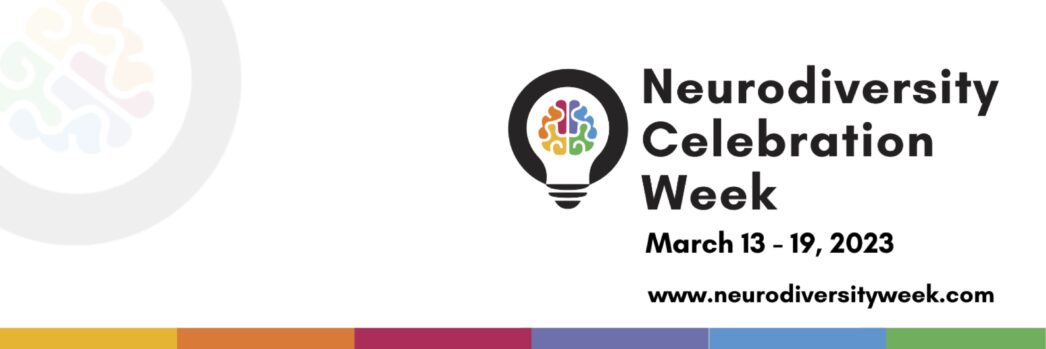Its Neurodiversity Celebration Week! We had the opportunity to sit down with Dr. Katy Flannigan to talk about a new study we’re doing on strengths in adults with fetal alcohol spectrum disorder (FASD). Here are a few highlights from that conversation.
What do you mean when you’re talking about “strengths”? How would you define it?
Oh, good question, very good question…In one of the studies that we did a couple of years ago, we actually defined strengths in this context as ‘a person’s talents, abilities, or characteristics that can be leveraged to promote their wellbeing and quality of life.
What do we know about strengths with people with FASD? Has any research been done before this strengths project?
A little bit, for sure. So in 2018 I think it was we, CanFASD, decided to do a literature review to figure out that exact question… we did a search of all the FASD articles that have ever been published and we found 19 studies that included some data on strengths… We kind of wanted to pick apart these studies to figure out exactly how researchers are looking at strengths in FASD. We found that almost none were specifically focused on it… It was more often tangential findings, so it was in the greater context of challenges and difficulties…
After that lit review there were maybe a handful of studies that have been published in the last five years that were specifically focused on strengths, so… we’re not the only FASD researchers having this conversation and wanting to shift this momentum.
So what’s this strengths study? How did it come about?
Our current project on strengths was inspired by that lit review because when we were looking at the data we realized how sparse it is and how important it is that this gap is filled… So a couple of years ago we met with the Family Advisory Committee and the Adults with FASD Expert Collaboration Team. From the very beginning stages we wanted to be very collaborative so that it would be meaningful and applicable to folks with lived experience… Over these conversations we designed a research study… focusing on identity and strengths, and how those intersect with wellbeing for people with FASD.
What do you think this research will do for the FASD community? How will it actually help people with FASD?
So that’s really the most important question… I think it will help the people with FASD who participate, just the experience of being asked ‘what are you good at, what is important to you?’ I think that’s a pretty validating and empowering experience just in and of itself… More indirectly the results will help to shift that momentum in the narrative that we were talking about earlier around how there is a lot of… opportunity for growth and success and resilience and healthy outcomes for people with FASD.
I also think that in terms of policy, the more data we collect and the more numbers that we can compile and use to make our case that there is hope and there is opportunity here, then I think that can, slowly – because nothing moves quickly in research or policy – add that consistent momentum we need to balance our conversations around FASD.
The strengths study is open to adults with FASD worldwide. You don’t have to have a formal diagnosis of FASD, if you think you have FASD or identify with having FASD you can be a part of this study.
You can participate by completing an online survey, sharing a piece of artwork, or doing both. The survey will probably take you between 30 and 60 minutes to finish. Click here to learn more and participate.

